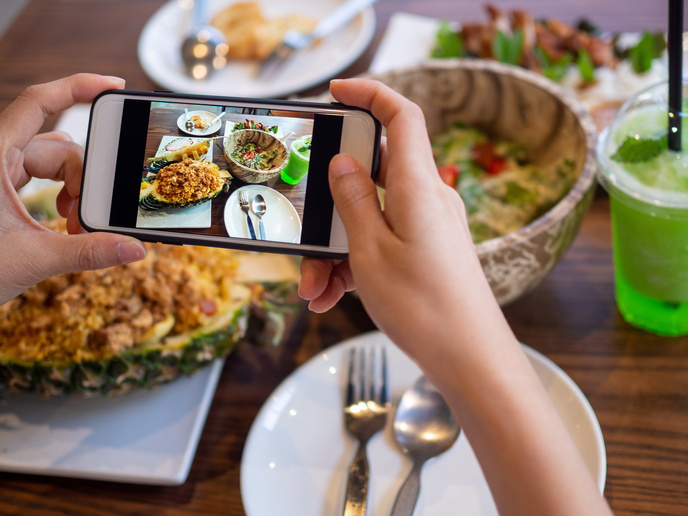Do previous food choices impact future decisions?
Apparently, there’s a new reason why we make the choices we do when it comes to food. And it has to do with a phenomenon that influences almost every aspect of perception. A research team led by the University of Sydney revealed that when we judge food for its appeal or calorie content, the judgements are shaped by the food choices we’ve made right before. This bias is known as serial dependence, and it gets people to rate the next food similarly to the previous one, regardless of whether it’s more appealing or less. The findings were published in the journal ‘Current Biology’.
The brain and bias
“The experimental conditions for serial dependence are not very different from our everyday experiences with food images, such as when we scan a food delivery menu or browse a menu on our phone,” commented lead author Prof. David Alais from the School of Psychology in a news release. “Serial dependence, therefore, might be affecting millions of food choices every day.” The researchers asked over 600 volunteers to rate hundreds of food images for calorie content and appeal. Answers showed that a high rating for one food item resulted in a higher rating for the next item. Similarly, a low rating followed a lower rating. “This study highlights the cognitive biases that come into play when we evaluate food,” Prof. Alais added. “Our brains are wired to assimilate information from previous stimuli, just as we might be drawn to a particular dish after seeing a similar one rated highly.” “What you perceive in the instant is not independent,” he told ‘Newsweek’. “It’s shaped by what you just saw.” This outcome is linked to a part of the brain that deals with how we see food. “It’s automatic, it just happens,” Prof. Alais elaborated. “It’s not at the level of your reflective mind, it’s at the level of the way you sense things. Just as the wind blows and you feel it on your skin—that’s automatic—or the color red flashes and you perceive red, it’s automatic and sensory.”
Perception playing tricks
Our daily decisions and behaviours could be influenced, especially the choices we make on food delivery apps or online restaurant menus. “We make hundreds of food decisions every day, and often it’s in this format where we see lots of images,” Prof. Alais explained. “If you scan a QR code in a bar and you flip through all the food images, you’re getting them one after the other. One of them will appeal more than another. Well, perhaps that’s not because you particularly want that food. It might have been nudged higher [in your estimation] by a previous image.”
Keywords
food, choice, food choice, image, decision, rating, appeal, calorie, bias, serial dependence, brain



